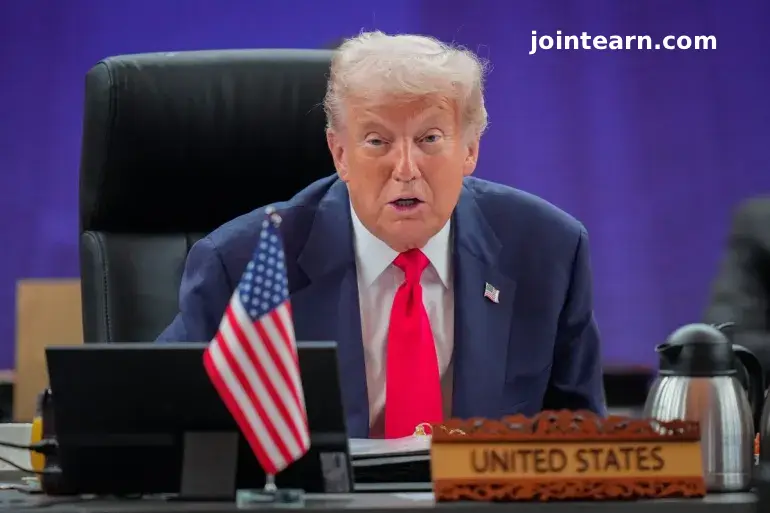
Kuala Lumpur, Malaysia – October 27, 2025 – The United States and China have signaled significant progress in bilateral trade talks, raising hopes that President Donald Trump and Chinese President Xi Jinping could finalize a deal to de-escalate tensions when they meet for the first time since 2019.
Officials from both countries wrapped up a weekend of negotiations on the sidelines of the ASEAN summit in Kuala Lumpur, describing the discussions as productive and laying the groundwork for the upcoming Trump-Xi meeting at the APEC summit in Gyeongju, South Korea.
Framework Agreement in Place
US Secretary of the Treasury Scott Bessent said that negotiators had developed a “framework” for Trump and Xi to review, noting that the deal could defer China’s threatened export controls on rare earths and prevent the 100 percent tariff on Chinese goods that Trump had previously threatened.
In addition, Bessent announced that Beijing had agreed to substantial purchases of US agricultural products, including soybeans, which he said would benefit American farmers.
Chinese Vice Premier He Lifeng, the country’s top trade negotiator, confirmed that both sides reached a “basic consensus” on addressing mutual trade concerns. He added that the countries plan to finalize specific details and proceed with domestic approval processes, signaling that both governments are committed to moving the agreement forward.
Markets React Positively
The announcement of progress in the US-China trade talks fueled gains across Asian stock markets on Monday. Japan’s Nikkei 225 rose about 2.1%, South Korea’s KOSPI surged 2.3%, and Hong Kong’s Hang Seng climbed 0.85%, reflecting optimism that a prolonged trade war could be avoided.
Trump departed Kuala Lumpur for Japan, where he is scheduled to meet newly sworn-in Prime Minister Sanae Takaichi, before traveling to South Korea for the summit with Xi.
Stakes and Potential Global Impact
The negotiations come amid months of high tensions. Earlier in October, China announced that companies worldwide would need licenses to export rare-earth magnets and certain semiconductor materials, raising concerns about global supply chain disruptions. Rare earth minerals—such as holmium, cerium, and dysprosium—are essential for smartphones, electric vehicles, and advanced defense technologies.
In response, Trump threatened to impose a 100 percent tariff on Chinese goods starting November 1, escalating the trade conflict. Analysts describe these moves as strategic positioning by both sides ahead of the Trump-Xi summit, with each country seeking leverage in the negotiations.
The stakes are high for the global economy. A US-China trade deal could stabilize markets, reassure investors, and mitigate the risk of supply chain disruptions in critical high-tech sectors. Conversely, failure to reach an agreement could reignite tariffs, intensify tensions, and slow economic growth worldwide.


Leave a Reply